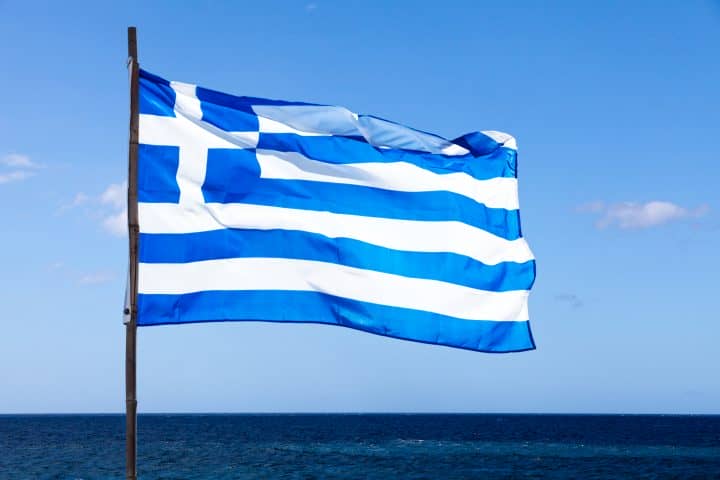 Modern Greek history has been anything but stable. After the Greek people gained their independence from the Ottoman Empire, the country entered a period of instability where they tried to establish a form of government that could worth for them. At the same time, the country also strove to modernize their institutions and the country’s infrastructure.
Modern Greek history has been anything but stable. After the Greek people gained their independence from the Ottoman Empire, the country entered a period of instability where they tried to establish a form of government that could worth for them. At the same time, the country also strove to modernize their institutions and the country’s infrastructure.
The Megali Idea also grew in this time period. It was a concept that expressed the goal of expansion of Greek state and Constantinople, at the time, was to be Greece’s capital. This new state would consist of all lands mainly occupied by Greek-speaking inhabitants that were under Ottoman rule. These included parts of the Southern Balkans, Cyprus and Asia Minor. A significant portion of the Megali Idea was achieved in the early twentieth century. Here’s more information about this concept:
New Kingdom of Greece
After the assassination of Kapodistrias, Prince Otto from Bavaria, who was just seventeen years old, was elected to sit on the Kingdom of Greece’s new throne. Otto had some popularity amongst the people, but people also resented him, mostly because they didn’t like his way of ruling. As a result, there was an insurgency, and Otto had to yield to the people’s demands.
During his reign, Otto adopted the irredentist plan of the Megali Idea, where he wanted to enlarge the Greek state to include lands under Ottoman rule that were occupied by Greek-speaking people. This territory would include Constantinople, Cyprus, the Aegean Sea islands, southern Balkans, Crete, and a section of Asia Minor. Irredentism became dominant as a policy in Greece for almost eighty years and led to a remarkable expansion of territories.
Territorial Expansion
From 1864 to 1881, there was a peaceful enlargement of the Greek territory. Britain gave Greece the Ionian islands as a gift. They also gave them Thessaly and part of Epirus as a reward for not siding with Russia. These minor territorial gains could, however, not satisfy the Megali Idea.
The Greek governments were enormously pressured by the growing Cretan question, with the Cretans having revolted against the Ottoman authorities almost successively in the nineteenth century. This question sparked nationalistic feelings. Nevertheless, protection from Britain ensured that Greek territory stayed intact, even after the Greco-Turkish War, while Crete became independent.
The Balkan Wars
Eleftherios Venizelos was a major proponent of the Megali Idea. Born and raised in Crete, he was a prominent Cretan with influence in mainland Greece. He was therefore invited to become Greece’s Prime Minister. Venizelos brought about a series of reforms in society, the military, and in administration. As a result, In the Balkan Wars, and under his leadership, Greek territory doubled. This expansion enabled Greece to achieve its goals.
The notion of the Megali idea had politically died several times within the 20th century, especially after the Greek Turkish war. The majority of the Greek people are now more realistic. There are, however, some nationalistic groups who still haven’t let it go. The Megali Idea seemed to have resurfaced among the Greek people, mainly after the Greek economic crisis. The nationalist Golden Dawn party, which supports the Megali Idea, had a surge in electoral support. A more recent survey, however, showed a fall in the party’s popularity—hopefully, the Megali Idea with it.

